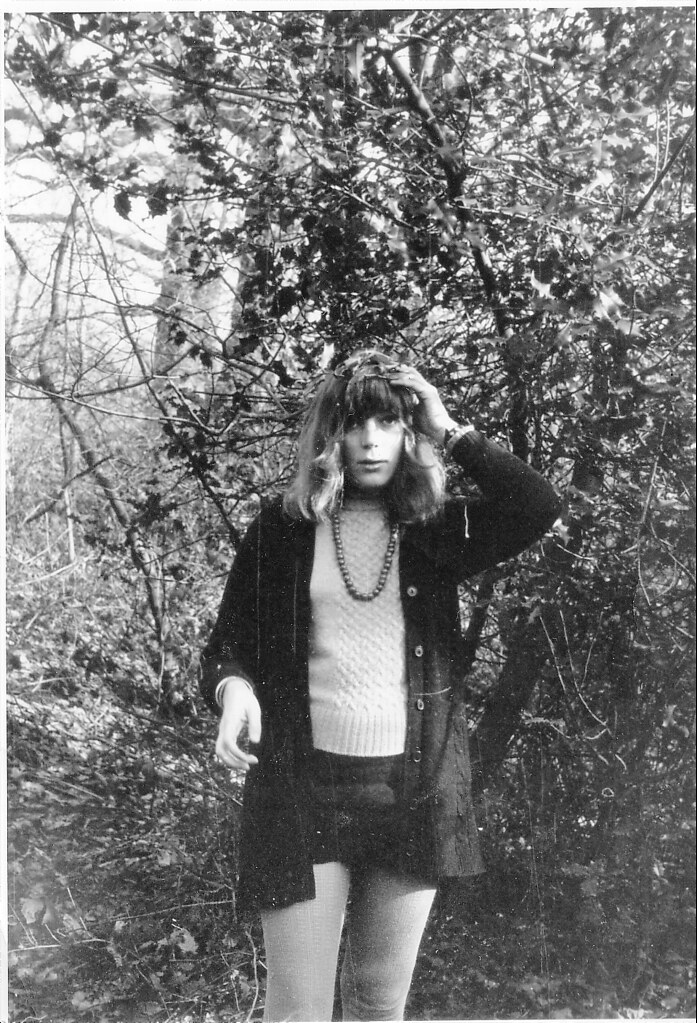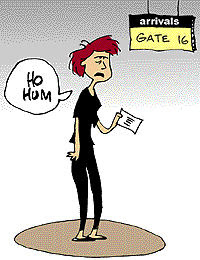For busy, harried or distractible readers who have the time and energy only to skim the opening paragraph of a review, I'll say this as quickly and clearly as possible: "The Death of the Adversary" and "Comedy in a Minor Key" are masterpieces, and Hans Keilson is a genius. As Darkness Falls, Francine Prose
In spite of everything I still believe that people are really good at heart. I simply can't build up my hopes on a foundation consisting of confusion, misery and death. Anne Frank
I have a Kindle, and one of the many really good things about it, is the ability it gives you to "highlight" and tag parts of the text when reading.
I hadn't used the feature much - until I read "The Death of the Adversary" by Hans Keilson. "The Death of the Adversary" is the story of the inner life of a young boy - from his early school days to his early adulthood - during the period when the Nazis were gaining ascendence in Germany, last century.
I finished the book today. It left me devastated. Unable to move on to another novel, or even quite ready to walk back from lunch at the diner where I'd turned the last page, I did a cyber flick-back through the book to see my highlights, and was surprised to see that I could see not only what I had highlighted, but the highlights of other the other Kindle readers as well. And not only was I surprised at this discovery, but at the fact that what I had highlighted had been highlighted by the others.
"They turned into wolves and devastated cemeteries at night. But however much they tried to appear like wolves, they were not animals. It was not just a question of what they did and said, but also of what they had to keep silent about."
- Thoughts of the protagonist after spending an evening with young Nazis.
In "The Death of the Adversary" the "adversary" and his followers are not named. The adversary is merely referred to as "B", and his followers as his followers. Similarly the central character is not labeled by himself as Jewish. Merely as "other".
And so when we read of him being outcast by the other children when he was very young, and about how his mother takes him by the hand to lead him back to the children to ask them to please play with him, the effect is even sadder than it would have been, had its circumstance been explicit. 'There,' my mother said, and tried to loosen her stern, serious face into a smile. 'He's a child like you. You are all children, play with one another."
For some reason, perhaps because I had never completely comprehended the real horror of it before - the effect of the persecution of the Jewish children in Germany, Poland, Czech ...., I was struck by this scene, where the child feels only humiliation and anxiety when the children turn reluctantly to play with him. His short time with them is filled with his anxiety and their cruelty.
"My former pleasure in playing games was dampened by the constant fear that I might be excluded."
Sadder even than when they took the old people away.
My father carried his rucksack on his shoulders.
My mother wept.
I shall never see them again."
Yes, I've read The Diary of Anne Frank, and seen "The Pawnbroker". I've read and seen countless other novels and films set in Nazi-occupied Europe. But for some reason I'd never looked upon the particular tragedy of the effects of persecution on children.
Anne Frank was a child. Only ever a child. But Anne retained her sense of joy and hope. The child Keilson describes is a sad little boy and one's heart goes out to him, but it goes to him without hope.
 In Wikipedia I read that Keilson, " is a Jewish German/Dutch novelist, poet, psychoanalyst, and child psychologist who wrote about traumas relating to what happened in Europe during WWII. In particular, he worked with traumatized orphans."
In Wikipedia I read that Keilson, " is a Jewish German/Dutch novelist, poet, psychoanalyst, and child psychologist who wrote about traumas relating to what happened in Europe during WWII. In particular, he worked with traumatized orphans."What else can one say? Oh yes, there's this -
Hans Keilson is a 100-year-old Holocaust survivor. "The Death of the Adversary" is autobiographical.
Read it.









 I was checking my frequent flyer programs earlier this year. I thought I'd use some of them - I am in half a dozen programs - for some useless piece of clutter that they have in their cyber stores. Something that I can end up throwing out, or storing in the broken microwave above the stove. Like the breakfast-maker that simultaneously poaches toast and toasts eggs.
I was checking my frequent flyer programs earlier this year. I thought I'd use some of them - I am in half a dozen programs - for some useless piece of clutter that they have in their cyber stores. Something that I can end up throwing out, or storing in the broken microwave above the stove. Like the breakfast-maker that simultaneously poaches toast and toasts eggs.




 We didn't have much in common, my American and I - except for our teeth. Our crooked, over-filled far-from-white teeth.
We didn't have much in common, my American and I - except for our teeth. Our crooked, over-filled far-from-white teeth. "He's German," I told my friend Katrina. "Well there's one good thing," she replied, "at least he'll be tidy." How wrong she was.
"He's German," I told my friend Katrina. "Well there's one good thing," she replied, "at least he'll be tidy." How wrong she was. Once in Anglesea I found the street and starting at one end drove slowly along, looking right and left into the front yards of the houses.
Once in Anglesea I found the street and starting at one end drove slowly along, looking right and left into the front yards of the houses.